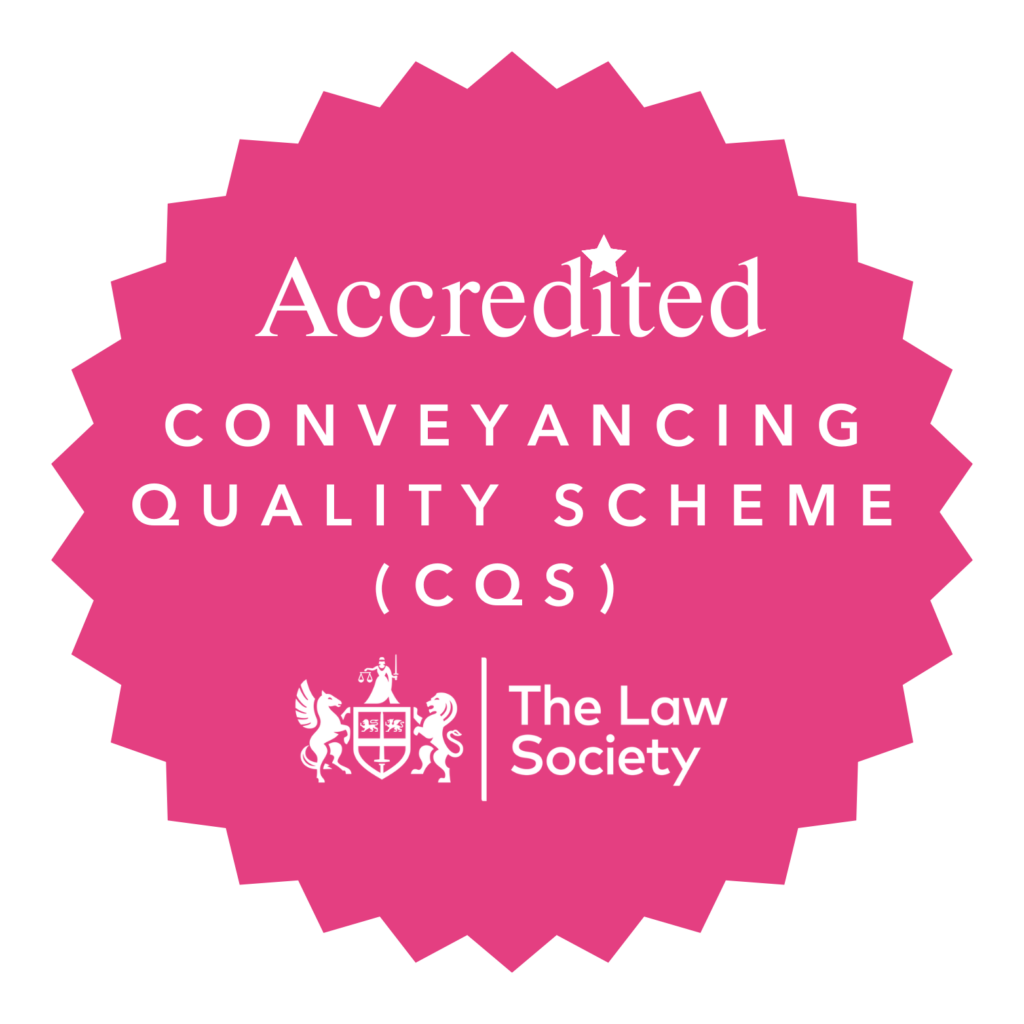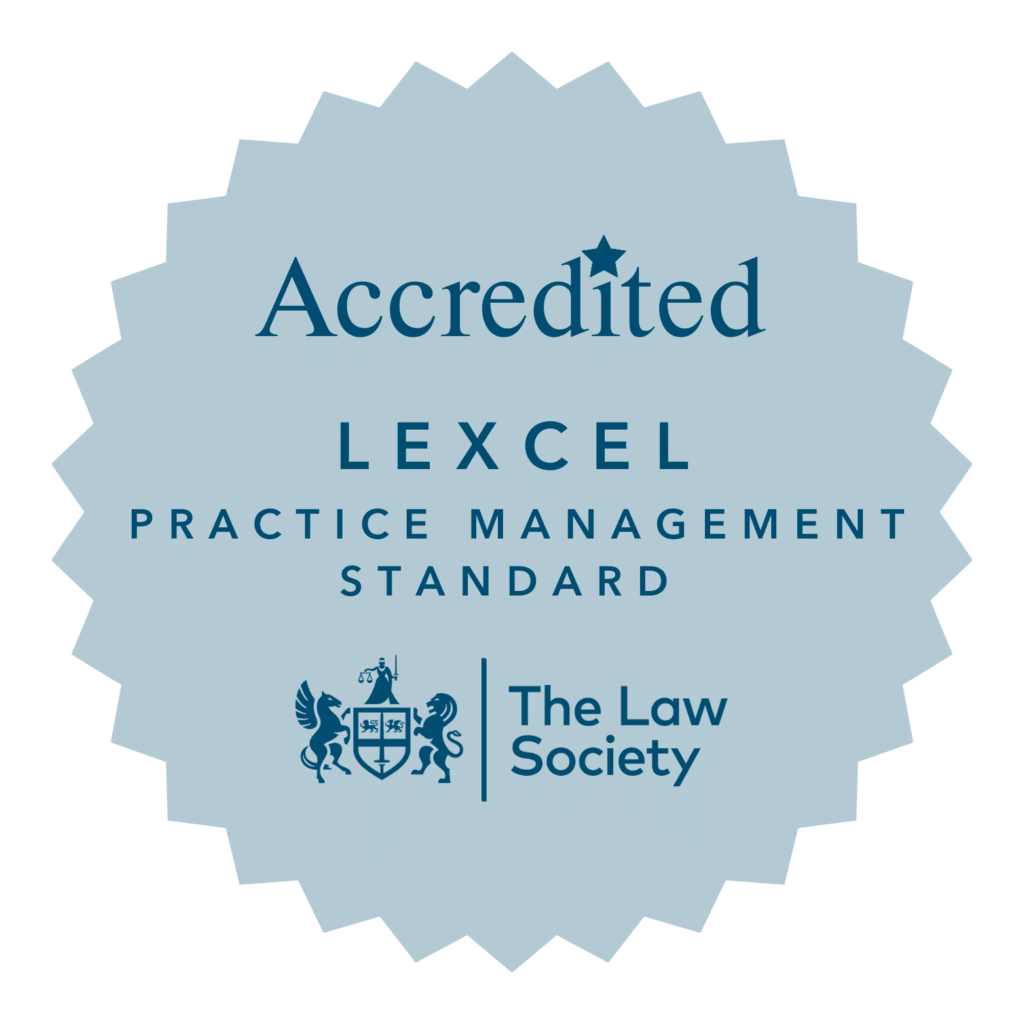A Guide to Commercial Conveyancing
Commercial conveyancing refers to the legal procedure for transferring leasing or ownership interest in commercial real estate from one party to the other. Although it is a fairly complex process, a thorough understanding of the procedures and steps involved can help make it much less daunting.
What is Commercial Conveyancing?
It is the process of legally transferring the ownership or property rights of commercial property or land from one company, entity or individual to another. Whether you’re a buyer or seller of commercial property or whether you are just leasing out commercial property owned by you, understanding the process is crucial for making informed decisions along the process.
The Importance of Commercial Conveyancing
- It ensures that the property is free of legal issues and encumbrances, thereby safeguarding your investment from legal troubles in the future and protecting your interests.
- A structured conveyancing process ensures that you are strictly complying with all the legal requirements such as zoning laws, building codes and other regulations.
- Thoroughly following the legal mandates and procedures during the conveyancing process can help reduce the chances of delays and enable a seamless transfer of rights from one party to another.
Steps Involved in Commercial Conveyancing
1. Finding the Right Legal Help: The first step is to team up with a commercial property lawyer who knows the ropes. They’ll guide you through the entire process, ensuring everything’s smooth sailing.
2. Due Diligence: Before diving in, it’s crucial to do a thorough investigation of the property. Here’s what your lawyer will look into:
- Title Search: Making sure the seller truly owns the property and there are no hidden claims.
- Legal and Planning Compliance: Verifying that the property adheres to all local rules and regulations.
- Environmental Report Card: Checking for any potential environmental issues, like pollution or contamination.
- Financial Due Diligence: Assessing the seller’s or buyer’s financial health to ensure they can fulfil their end of the deal.
3. The Negotiation: Once the property’s background check is clear, it’s time for the real deal: negotiations. Both the buyer and seller, along with their lawyers, will discuss the nitty-gritty details, like the price, deposit, and closing date. Then, they’ll draft a legally binding contract outlining everyone’s rights and responsibilities.
4. The Exchange: This is a significant step where both parties sign the contract, making it legally binding. A deposit is usually paid at this stage to show commitment.
5. Completion: The final stage is the transfer of ownership or leasehold interest, and the remaining payment is made. And just like that, you’re the proud owner (or tenant) of a new commercial property!
Common Challenges
The complex terminology associated with the conveyancing process like leasehold interests, easements, and restrictive covenants make it very difficult for laymen to understand the process. In most cases, these properties are quite challenging to value, which may depend on many aspects, such as the location, the possibility of future development, or other market trends. Potential environmental issues, like contamination, will certainly impact the value and desirability of a property. Often, there are many stakeholders in a deal, landlords, tenants, lenders, and managing agents thereby making negotiations a bit more complicated. Things like Stamp Duty Land Tax (SDLT) and Capital Gains Tax (CGT) can further complicate the financials. Zoning laws or development restrictions limit how a property can be used or developed. All these issues present challenges in the conveyancing process that further complicate it. This is why you need an experienced solicitor to help you in every step of the way so that you can ensure the transfer is done efficiently and securely.
Best Practices
Here are some tips to make sure your commercial conveyancing goes as smoothly as possible:
- Work with a solicitor who knows the commercial property world and has a proven track record.
- Keep in touch with your solicitor and other relevant parties throughout the process.
- Make sure you have all necessary documents, such as title deeds and planning permissions, ready to go.
- Commercial conveyancing can take time, so be prepared for a bit of a wait.
- Don’t be afraid to ask your solicitor for clarification if you don’t understand something.
- Be mindful of the various costs involved, like legal fees, stamp duty, and other transaction-related expenses.
- Safeguard your investment by getting the right insurance coverage.
- Keep up with changes in property law or market trends to stay ahead of the curve.
- Things don’t always go according to plan. Be ready to adjust if the situation calls for it.
- Know Your Goals and be clear on what you want from the deal – whether that’s securing a long-term lease, maximizing profit, or minimizing costs.
Emerging Trends in Commercial Conveyancing
Several new trends are shaping the future of commercial conveyancing:
- Data Privacy & Cybersecurity: As more deals are conducted online, protecting sensitive data and ensuring cybersecurity are top priorities.
- ESG Factors: Environmental, Social, and Governance (ESG) considerations are becoming more important in property transactions, affecting investment decisions.
- Digital Conveyancing: Technology is increasingly being used to streamline processes and reduce paperwork.
- Remote Working & Flexible Spaces: The rise of remote work is influencing the types of commercial properties being leased and how those leases are structured.
Conclusion
Commercial conveyancing doesn’t have to be overwhelming if you understand the process and follow the best practices outlined here. Staying abreast of the latest trends and consulting a qualified solicitor will ensure the smoothest transaction possible. Even though this guide provides an overview of the process, do not forget to get personalized advice from a solicitor that suits your needs.





